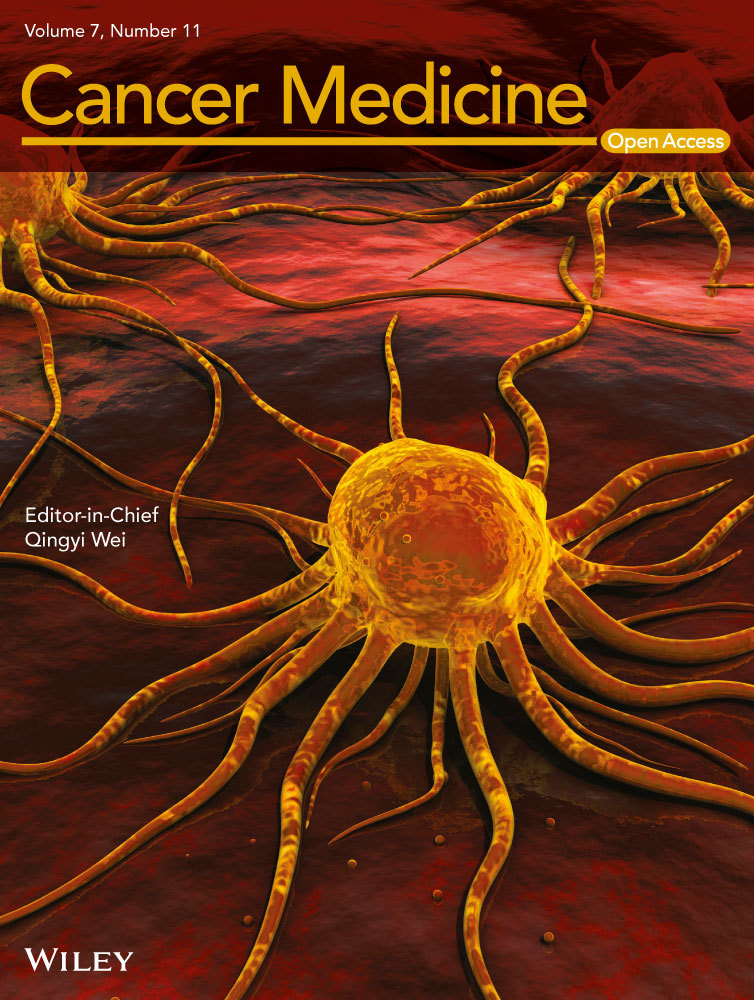Vasohibin 2 promotes malignant behaviors of pancreatic cancer cells by inducing epithelial-mesenchymal transition via Hedgehog signaling pathway
Abstract
Background
Based on previous findings, we hypothesized that Vasohibin 2 (VASH2) protein may induce epithelial-mesenchymal transition (EMT) of pancreatic cancer (PC) cells by promoting the malignant behaviors of these cells. The present study aimed to test this hypothesis and explore the possible mechanisms involved.
Methods
The expression of VASH2 in PC tissues and cell lines was detected by quantitative real-time PCR and Western blot. PC cells with overexpression or knockdown of VASH2 were used to examine the involvement of VASH2 in EMT by detecting the expression of epithelial (E-cadherin) and mesenchymal (vimentin) markers and EMT-related transcription factor ZEB1/2, in gemcitabine resistance and tumor cell invasion by apoptosis and invasion assays, and in cancer stem cell-like phenotypes by detecting the proportion of CD24+CD44+ and side population (SP) cells in PC cells with flow cytometry. The impact of VASH2 overexpression and knockdown on components of the Hedgehog signaling pathway was also assessed.
Results
We found that VASH2 was highly expressed in PC tissues and cells. It promoted the EMT of PC cells by altering ZEB1/2 expression. VASH2 also stimulated invasion and chemotherapeutic resistance of PC cells and increased the proportion of cancer stem-like cells in PC cells. VASH2 did so by upregulating the expression of multiple molecules in the Hedgehog signaling pathway of PC cells.
Conclusion
VASH2 promotes malignant behaviors of PC cells by inducing EMT via activation of the Hedgehog signaling pathway.
CONFLICT OF INTEREST
None declared.




